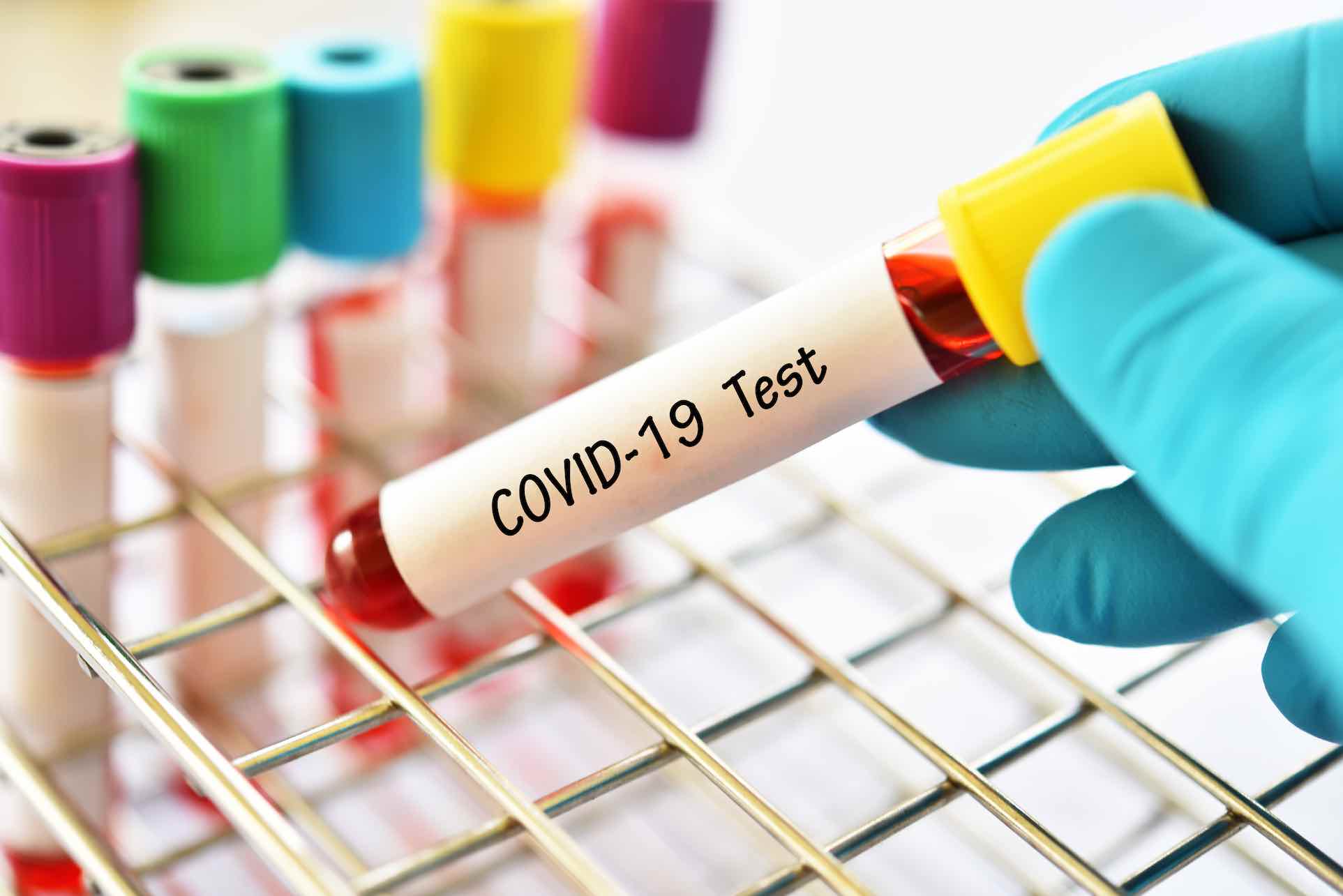Fayette County has its first “presumed positive” case caused by the novel coronavirus, according to a news release sent Monday night from the office of Georgia Governor Brian Kemp.
The unidentified Fayette person is “hospitalized,” Gov. Kemp’s office wrote. The location of the hospital was not disclosed.
In addition to the Fayette case, there are four other presumed cases of COVID-19, the disease caused by the coronavirus, the governor’s office wrote.
“The additional cases are in Cobb, Fayette, Gwinnett and two in DeKalb,” the state said. “The individuals are hospitalized, and the sources of their infections are unknown.”
The state said there are six confirmed COVID-19 cases: three in Fulton County, one in Floyd County, one in Polk County, and one in Cobb County.
The “presumptive positive COVID-19 cases” total 11: Two in Fulton, three in Cobb, one in Fayette, two in DeKalb, two in Gwinnett and one in Cherokee.
While the newest five presumptive cases are all in hospitals, there was no word where the hospitals are located.
The news release said:
The overall risk of COVID-19 to the general public remains low, although elderly people and individuals with chronic medical conditions may have increased risk.
All Georgians should follow basic prevention measures:
• Wash your hands often with soap and warm water for at least twenty seconds.
• If soap and water are not available, use an alcohol-based hand sanitizer.
• Avoid touching your eyes, nose and mouth with unwashed hands.
• Avoid close contact with people who are sick.
• Stay home when you are sick.
• Cover your cough or sneeze with a tissue, then throw the tissue in the trash.
• Clean and disinfect frequently touched objects and surfaces.
If you have recently traveled to areas where there are ongoing outbreaks of COVID-19 and you develop fever with cough and shortness of breath within fourteen days of your travel, or if you have had contact with someone who is suspected to have COVID-19, stay home and call your healthcare provider or local health department right away.
Be sure to call before going to a doctor’s office, emergency room, or urgent care center and tell them about your recent travel and symptoms.
For information about COVID-19, visit dph.georgia.gov/novelcoronavirus or cdc.gov/coronavirus/2019-ncov/about/index.html.













Leave a Comment
You must be logged in to post a comment.